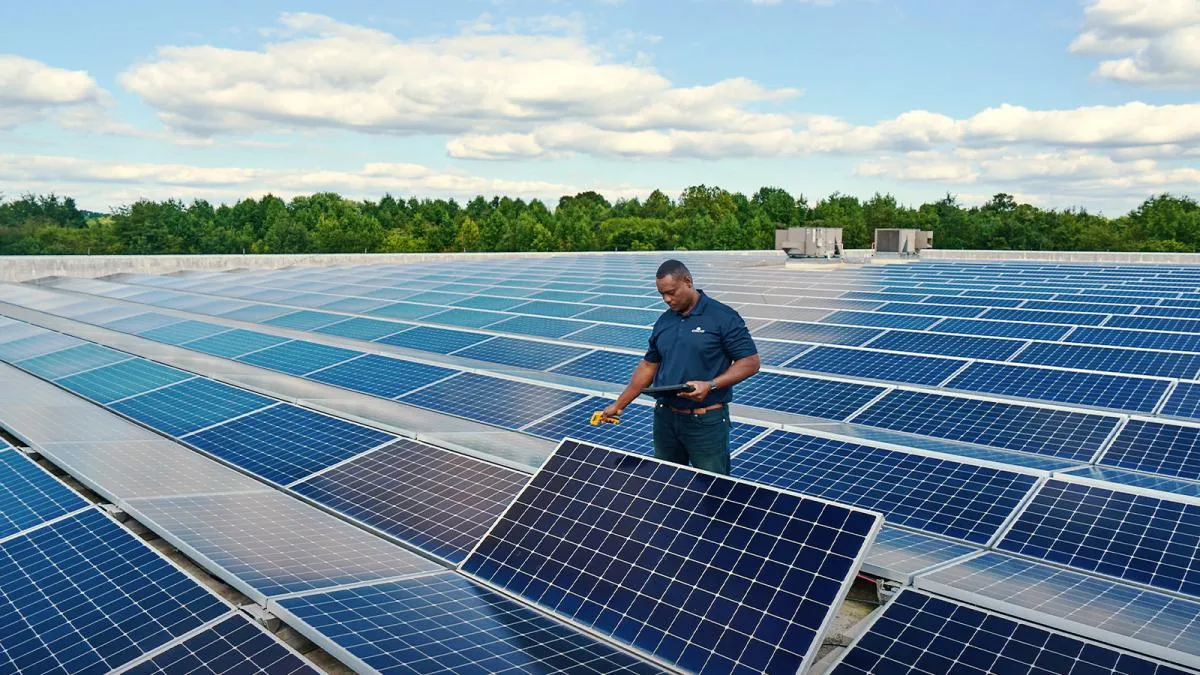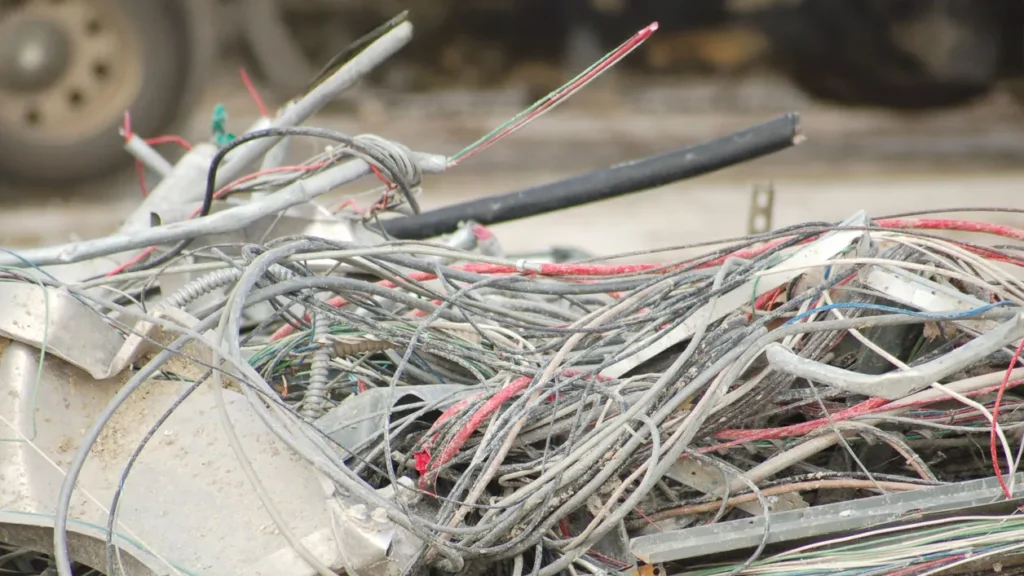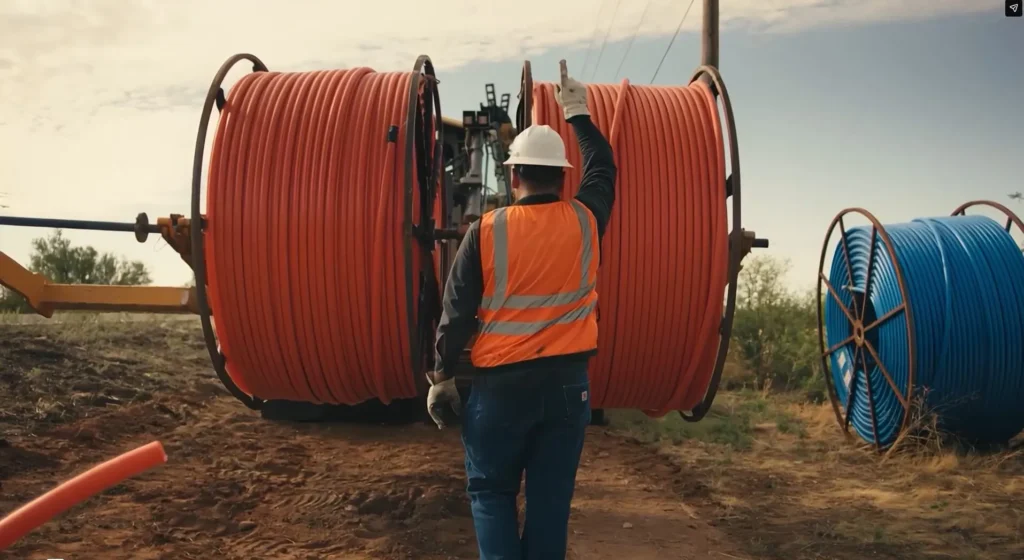Environmental stewardship has been a priority for the cable industry for years, having voluntarily set energy-efficiency standards for equipment over a decade ago. Today, from industry-wide agreements to individual company initiatives, cable providers are working towards a more sustainable future.
Increasing efficiencies: Sustainability efforts around the planet hinge on seemingly small changes that add up to make a big impact. The cable broadband industry is no exception, with clever solutions already being implemented nationwide.
- Charter’s National Data Centers are home to high-efficiency evaporative-free cooling systems that avoided over 8,200 MWh of electricity usage in 2022.
- Midco is using more energy-efficient equipment, improving logistics to get more trucks off the road, and testing energy-efficient power solutions for field technicians.
- CableLabs, the industry’s non-profit research and development consortium, has established a testing and development facility to build industry consensus on energy conservation efforts, create energy-efficient specifications, and test new hardware and software.
Conserving Water: Internet service is digital, but support operations for broadband networks require a large vehicle fleet ready to help customers when issues arise or to build networks that connect every corner of America. Those trucks, whether electric, hybrid, or gas-powered, all require cleaning. That’s where cable broadband leaders have the opportunity to reduce water consumption.
- Cox has a program to collect rainwater as one solution to reducing the water it uses to maintain a clean service fleet. The ISP has saved 700,000 gallons of water this way in Statesville, North Carolina.
Reducing Environmental Impact: Network logistics, especially new builds in rural areas, have to consider the impact to the land. That’s why cable internet providers are using sustainable energy sources to power their operations and why environmental studies are often conducted before infrastructure builds in fragile terrain.
- The Gravel Pit Solar project in East Windsor, Connecticut will power nearly half of Comcast Cable and NBCUniversal operations across New England. The contract represents an annual volume of approximately 111,000 MWh.
- In Alaska, GCI takes special care to ensure its ambitious Aleutian Fiber Project, which requires 800 miles of undersea fiber in the subarctic, will not harm the fragile ecosystem.
These are just a small sampling of ways the industry is advancing sustainability efforts. With broadband leaders like Charter and Comcast setting goals to be fully carbon neutral by 2035 (and Cox setting a goal of 2034), sustainability efforts will continue to be implemented to achieve these ambitious goals.








